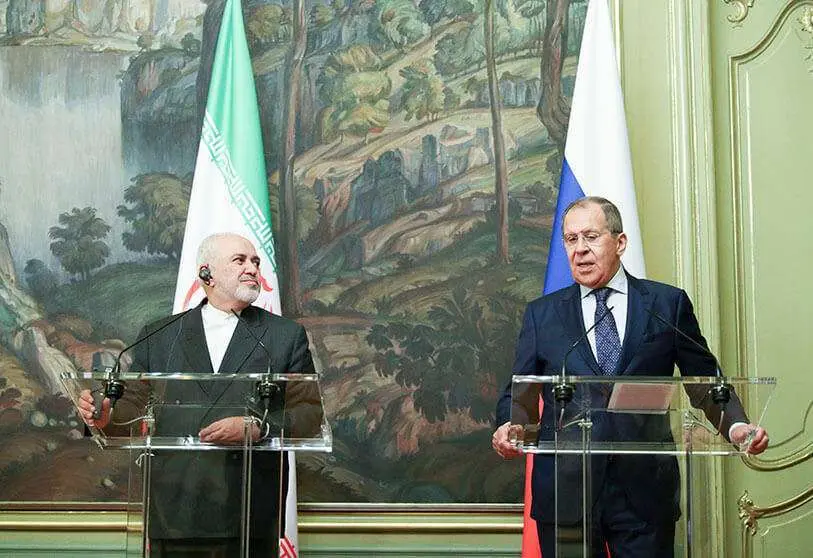Russia is ready to sell arms to Iran

The Russian ambassador to Iran, Levan Dzhagaryan, said in an interview with Iran's Resalat newspaper that Moscow is prepared to supply the S-400 missile defence system to the Islamic Republic.
"As you know, the S-300 was delivered. Russia has no problem with the supply of the S-400, and it was not a problem from the beginning," the ambassador said.
"We have warned from day one that we will have no problem selling weapons to Iran from 19 October," said Levan Dzhagaryan, according to the Fars news agency report.
On 18 October the international embargo on sending weapons to Teheran expires, after the United States failed to obtain a new United Nations resolution
The Trump Administration has also threatened to punish any country or entity that violates international sanctions that Washington believes are in place.
Dismissing this threat, Dzhagaryan said that Russia intends to consider any Iranian request after the embargo expires.
In mid-September, Washington unilaterally declared the resumption of international sanctions against Iran. "The US welcomes the return of virtually all of the UN sanctions against the Islamic Republic of Iran that were previously lifted," said US Secretary of State Mike Pompeo in a statement; Pompeo himself said that the punitive measures would be "back in place" as of 00:00 GMT on Sunday 20 August. But the Security Council ruled out the right of the United States to activate UN sanctions.
"If UN member states fail to meet their obligations to implement these sanctions, the United States is ready to use its own tools to punish these failures," warned Pompeo, who promised that US "measures" would be announced "in the coming days" against "those who violate UN sanctions.
On Sunday 20 September Iran rejected the news issued by Washington. "The approach of the current US regime is a great threat to international peace and security and an unprecedented threat to the UN and the Security Council," the Persian Foreign Ministry said in a statement.
Tensions between Washington and Tehran continue to grow in a confrontation reminiscent of the Cold War of the last century. This escalation stems from the sanctions imposed by Donald Trump's administration against the regime of the ayatollahs for failing to comply with the terms of the nuclear agreement signed in 2015 with France, the United Kingdom, Germany, Russia, China and the European Union, known as the Comprehensive Joint Action Plan (CJAP), which limited Iran's atomic programme, particularly in terms of alleged weapons development.
The United States departed from the agreement in 2018 and imposed sanctions on Iran, including those relating to the oil trade, which is the main source of national financing. On this measure, the Iranian president, Hassan Rohani, threatened to continue trading in his crude oil, blockade the Straits of Ormuz and considerably reduce his nuclear commitments.
Iran has continued to trade in oil, particularly with Venezuela (another country on which the US has imposed sanctions), and has continued with its nuclear plans, particularly in the field of uranium enrichment.








